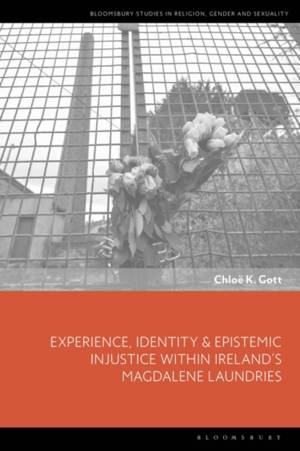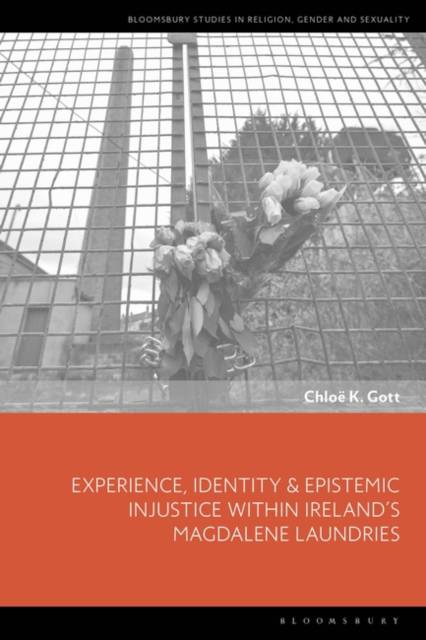
- Afhalen na 1 uur in een winkel met voorraad
- Gratis thuislevering in België vanaf € 30
- Ruim aanbod met 7 miljoen producten
- Afhalen na 1 uur in een winkel met voorraad
- Gratis thuislevering in België vanaf € 30
- Ruim aanbod met 7 miljoen producten
Zoeken
Experience, Identity & Epistemic Injustice Within Ireland's Magdalene Laundries
Chloe K Gott
€ 69,45
+ 138 punten
Omschrijving
How are the identities of women shaped by religious disciplinary processes in Magdalene laundries and how do women re-engage with their sense of self after leaving the institutions? Chloë K. Gott situates these questions within the current cultural climate in which the institutions now sit, considering how they fit into Ireland's present as well as its past.
This book represents the first significant secondary analysis to be conducted of 81 oral history interviews recorded as part of the Government of Ireland Collaborative Research project, 'Magdalene Institutions: Recording an Archival and Oral History', funded by the Irish Research Council. These were taken with women formerly incarcerated in these institutions, as well as others associated with this history. Grounded in qualitative analysis of this archive, the book is structured around the voices and words of survivors themselves. With a strong focus on how the experience of being incarcerated in a Magdalene laundry impacted on the gendered religious selves of the women, this book tracks the process of entering, working in and leaving a laundry, explored through the lens of epistemic injustice.Specificaties
Betrokkenen
- Auteur(s):
- Uitgeverij:
Inhoud
- Aantal bladzijden:
- 248
- Taal:
- Engels
- Reeks:
Eigenschappen
- Productcode (EAN):
- 9781350254466
- Verschijningsdatum:
- 24/08/2023
- Uitvoering:
- Paperback
- Formaat:
- Trade paperback (VS)
- Afmetingen:
- 156 mm x 234 mm
- Gewicht:
- 353 g

Alleen bij Standaard Boekhandel
+ 138 punten op je klantenkaart van Standaard Boekhandel
Beoordelingen
We publiceren alleen reviews die voldoen aan de voorwaarden voor reviews. Bekijk onze voorwaarden voor reviews.







